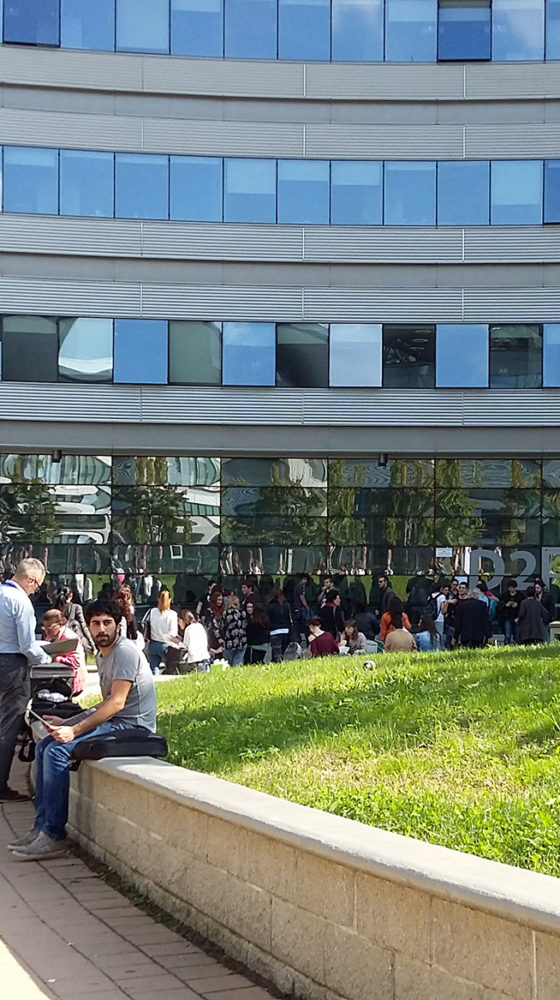
Food as an Infrastructure in Urbanizing Regions
Christoph Kasper, Juliane Brandt, Katharina Lindschulte and Undine Giseke
Publication of the paper “food as an infrastructure in urbanizing regions” and speech during the conference on 8th October 2015 in Torino Italy.
The paper focuses on urban food systems, examining spatial structures and potentials of food in the city as part of the urban metabolism as well as part of an urban infrastructure. The article assesses linkages and interactions between urban food system components in order to foster integrated, multi-dimensional food planning approaches for a better management of urbanizing regions.
Crucial questions are: How to describe an urban (contextualised) food system? What are its components and what role does urban agriculture play? These issues require a theoretical and methodological discussion. At the same time there is a need to generate contextualised and site specific knowledge on the spatial dimension of urban food systems, as well on systemic relations between the identified components. Taking the spatial dimension – as a significant part of planning – into consideration, geographies of urban food systems will be identified, described and analysed.
Beside the above mentioned theoretical approach, the paper expands in a second part on concrete cases of urbanizing regions in the context of two research projects. Selected findings and results of the inter- and transdisciplinary research project “Urban Agriculture Casablanca” (2005-2014) led to a definition of urban agriculture and the knowledge generation on urban agriculture´s (UA) contribution to the urban food system of the urbanizing region Greater Casablanca. The paper further examines the components of urban food systems using the example of Kigali (Rwanda) and Da Nang (Vietnam), which are case cities of the trans-sectoral research project “Rapid Planning” (2012-2019).
In conclusion, the paper offers a contribution to a more holistic understanding of urban food systems as well as related theoretical and methodological approaches by linking relevant contemporary debates on urban food systems and infrastructures.
Zurück